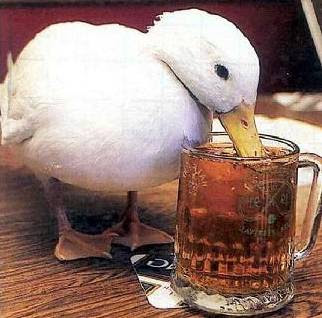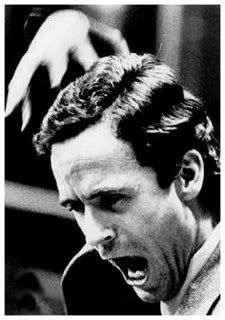dougthonus wrote:DuckIII wrote:In many professions, mine included, we are not only encouraged to report misconduct of our peers, we are ethically required to report it and if it is discovered we did not report it, we are subject to penalties ourselves. Professions like law enforcement should be expected to MORE strictly police themselves. But they do the exact opposite and to the extreme. How’s that for trying something different?
I agree with the problem you stated. Do you think that this is effective in your line of occupation? Whistleblowing in general doesn't seem to be effective. I think if you work within the same organization as someone else, it's extremely difficult to whistleblow and that this general mentality always exists.
Not saying it is right, but I do think it's extremely difficult to change that culture. For the past 15 years or so I've been an IT manager. I once had an employee that would sleep under his desk after I left the office everyday. I left at 3pm because I was on an early shift and he was 10-7. As it turns out, about half the office knew it, but no one would say anything, and I only found out after I filed him for lack of productivity. There are countless less egregious examples I can think of that people knew things that were going on but wouldn't say anything. Not snitching is just part of our culture in general.
1. Certain lines of work have ethical codes binding on those within it, that govern the entire profession and not just a workplace, that have written into them enforcement methods that go beyond being fired. They go to “you cannot do this job anymore anywhere for X years” or “you can never do this job again anywhere, ever.” And they include penalties - formal penalties impacting your ability to engage in the career activity - for those who do not snitch.
2. With police it’s not merely “not snitching.” It’s active, aggressive and proudly deliberate suppression of the truth and perpetrating fraud on the society that it is their job to protect and defend. It’s a deeply ingrained cultural element of being a police officer at all. The blue wall. If police, and the governmental bodies supervising police, eliminate this atmosphere of active deception which protects and emboldens wrongdoers, that is a huge step towards solving the problem not only in the ground in the streets, but as a matter of public perception. People don’t trust police to police themselves, because it is a proud element of the professional culture to either not do so, or to do so weakly and quietly.
If it’s really too much to ever expect law enforcement to legitimately desire to protect society from police misconduct (as opposed to protecting police from the consequences of police misconduct), then nothing will change barring escalation.



















